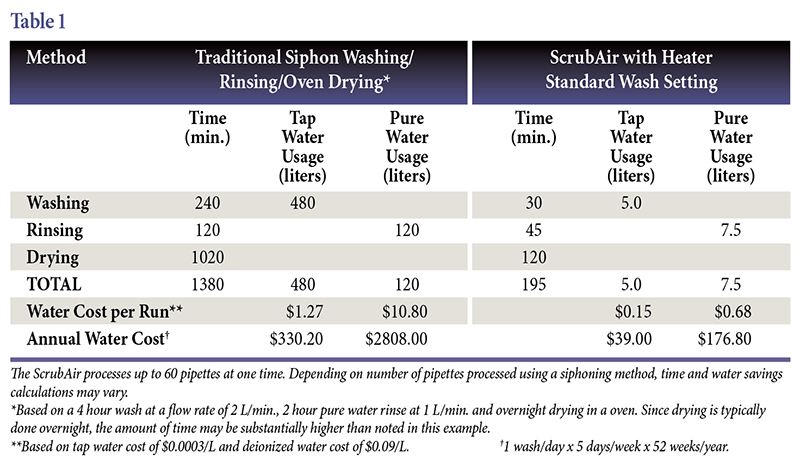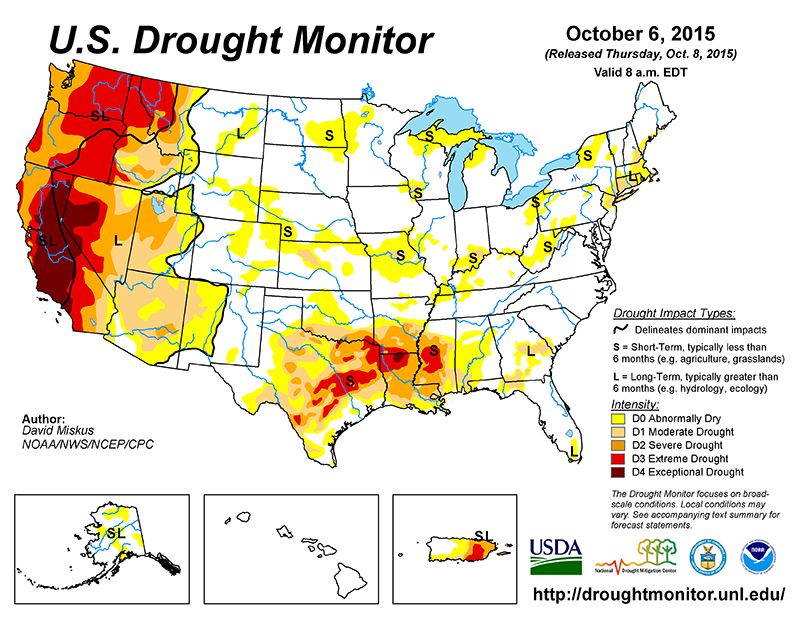Impact of Drought on Labs
Because the lack of water impacts not only agriculture but also the economy, as well as daily life for residents, from how many dishes they wash to their perceived safety as wildfires continue to spread, most residents and businesses are willing to do their part to conserve water. While the state restrictions in California are only for outside water usage and do not require businesses to do anything that would cause undue hardship or negatively impact their business, both the state and the local water suppliers do ask that they do as much as they can to conserve water but leave it open to each company to determine what methods will fit in with their operations.
Many countries are affected by drought or lack of access to water and the U.S. is no exception. Being more environmentally friendly is a goal of many companies but can be a challenge for laboratories, especially in the case of glassware washers and similar equipment.
Corporate responsibility is exemplified by organizations that strive to increase efficiencies for resource usage and monetary costs in all types of equipment. One such example is the ScrubAir Pipette Washer/Dryer, which uses 1/50th of the water versus a traditional pipette washing system, and can save labs an average of $3000 per year in water costs. Not only is this water savings good for the environment, it's also great news for labs in places like California where legislation has been created to limit water usage.
While mandates vary by country around the world, in North America they vary even by city or specific water suppliers, making it difficult to keep track of what restrictions have been put in place for water usage. Metro Vancouver implemented restrictions in late spring 2015, as they have done for the past few years, that were recently loosened as their water usage continued to decrease and levels improved (langleytimes.com/news/311586991.html).
California is the most notable of domestic droughts, as the governor released strict statewide water restrictions in April 2015 and improvement in water levels was initially slow. However, every state in the U.S. has at least one area of low-intensity or higher drought, as seen in the map above. Furthermore, much of Europe, Asia, central Africa, Australia, Brazil and Chile are also in significant droughts. It’s so severe in Spain that they have been forced to import water by ship (wri.org/blog/2015/06/global-tour-7-recent-droughts).

Water prices are being raised in many areas to deter unnecessary use. This means even a business can be directly impacted by the drought despite the lack of mandates on their water usage. University of California, Davis campus answered the request of Governor Jerry Brown and Janet Napolitano to dramatically cut water use in many ways including making water conservation a priority in research labs (cfo.ucdavis.edu/news/drought-response.html).
Laboratory activities often consume large amounts of water, from experiments to glassware washing. While those working in the labs may not be directly impacted at work by the consequences of excessive water use, it can affect them at home as restrictions may be tightened if the state doesn’t meet its monthly goals for lowering water use. Furthermore, residents are very aware of the situation, and most just want to do their part.
One way to assist the efforts in labs is to be mindful of how much water is being used:
- Wait to run glassware washers until full.
- Reuse water when possible (example: excess unfiltered water from one experiment can be used for irrigation in another).
- Ensure equipment is in proper working order and as water-efficient as possible.
One of the biggest uses of water in many labs is pipette washing because it requires running the tap for hours as the water just flows through a load. The ScrubAir Pipette Washer/Dryer is a great way to avoid this process – it both washes and dries pipettes and uses only 12.5 liters per cycle compared to over 600 liters with the traditional siphon method. That’s a water savings of over 97% per cycle!
For more information on the ScrubAir or other environmentally friendly products, check out Go Green with Labconco.
| chevron_left | Freeze Dried Cooking | Articles | Inforgraphic: The Horror!!! Of dirty, broken laboratory glassware... | chevron_right |






